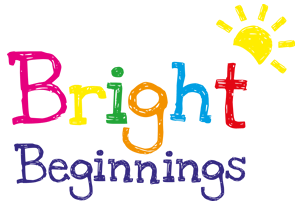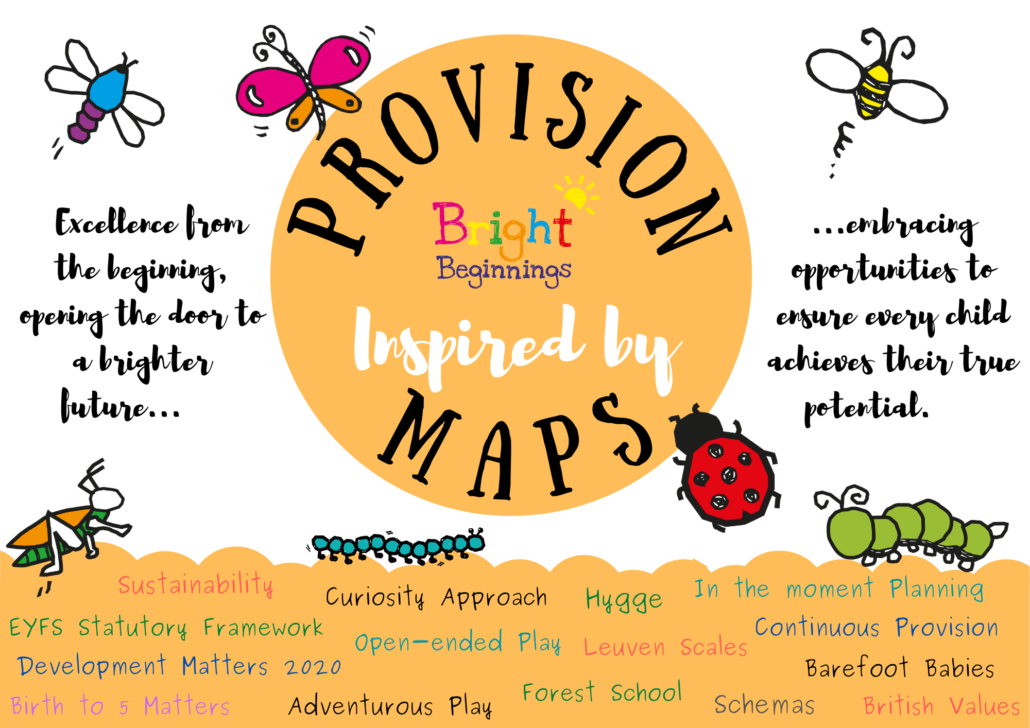Provision Maps
We are excited to announce that we worked hard as a team and created our very own curriculum to ensure that we offer the highest standards of care and education to the children and families accessing our Centre! Please take a look at our Provision Maps to learn more about the learning opportunities and practice we offer in each age-groups. For more information, please feel free to contact our SEND and EYFS Coordinator Lenka Melova. [email protected]








